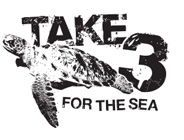A living classroom lesson learnt
Read the latest news from Take 3 for the Sea Ambassador and Clipper Round the World Yacht Race crew member, Dianne McGrath.
During our Clipper Race stopover in Washington DC at the end of Leg 7, I joined around a dozen race crew and officials in canoes and kayaks to collect litter from along the banks of the Anacostia River on Kingman and Heritage Islands. Guided by the Living Classrooms Green Boats team, and supported by the Department of Energy & Environment, the Green Boats program is an engaging citizen science program that collects, counts weighs and measures the various types of trash collected during the hour or two paddling in the river. The data collected informs policy and educational activity focused on reducing the amount of litter that washes into the river.
It was a great way to ‘Take 3 For the Sea’ while I was in DC. I got to see the beautiful parklands on the islands as well as enjoy being on the water in a totally different vessel to the 70-foot ocean racing yacht I’ve been circumnavigating the globe in! And of course, I was able to join a local organisation to have impact on local waterways – something I’ve been trying to do throughout my Clipper Race journey.

While we found very few plastic shopping bags (likely the result of an existing plastic bag tax in DC), in the hour the dozen of us were on the water we collected hundreds of plastic drink bottles. This prompts the question on whether a container deposit scheme (CDS) could be a valuable addition to DC’s environmental policies and programs. CDSs have been very successful in removing plastic, glass and aluminium drinking bottles and cans from litter and landfill all around the world.
This activity once again showed me the important lesson that simple acts such as picking up 3 (or more!) pieces of litter each time we are at the ocean, beach, river or any waterway can have a large impact, no matter where you are in the world.







